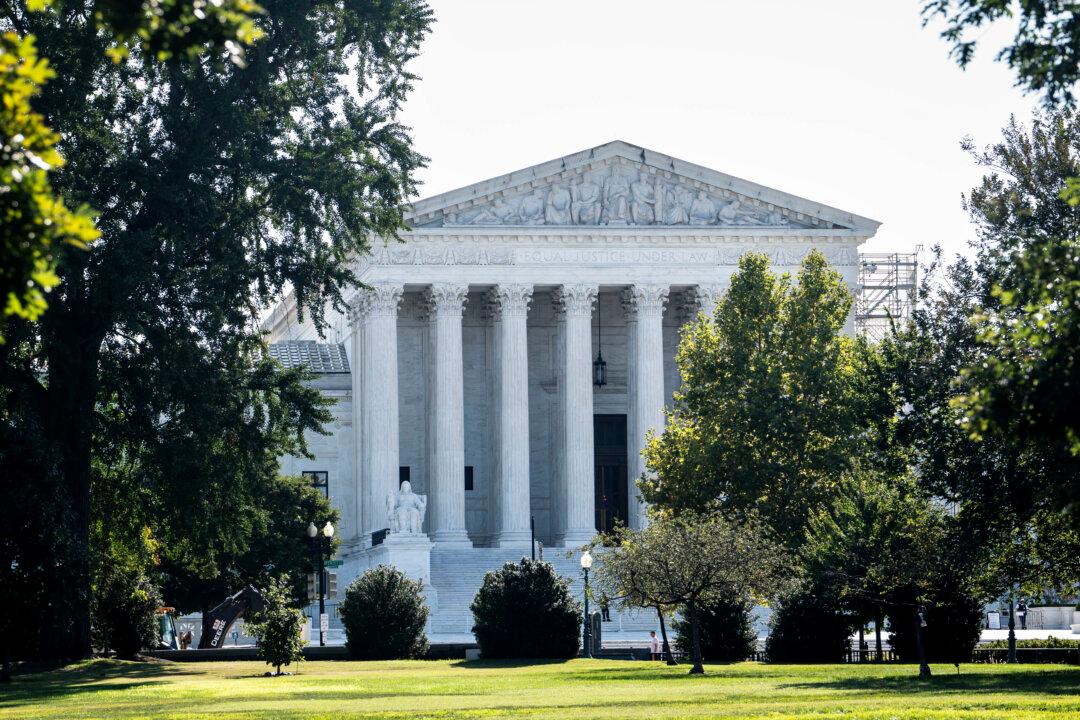The U.S. Supreme Court rejected on Sept. 20 the Green Party’s request to restore its candidates to the Nevada state ballot for the Nov. 5 election.
The new ruling was made after the Nevada Supreme Court ruled 5–2 on Sept. 6 that the party’s candidates could not appear on the ballot because they used the wrong form when gathering ballot-access signatures from the public. The ruling also follows the Nevada State Democratic Party’s challenge of signatures that would have permitted Green Party presidential candidate Jill Stein to appear on the ballot.





